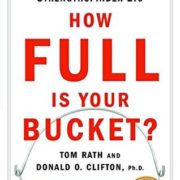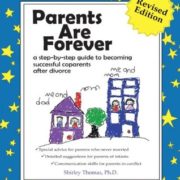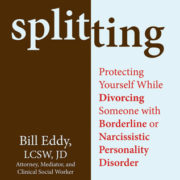Mediation and Arbitration
We get a lot of questions about arbitration and mediation. There are many differences between arbitration and mediation. One difference is that arbitration is binding while mediation is an agreement between the parties and is not binding or enforceable unless and until the agreement is made an order of the court.
In arbitration, a third party or panel made up of several individuals, hears both parties’ arguments and makes a binding decision. Usually, arbirtration is used because there is a clause in a contract requiring it. It is most often used in a business setting where “thoughts” and “feelings” are not a factor.
Mediation is usually used in family law matters or matters involving relationships, relatives, and parties that will have to work together after the court case is over. Mediation is often chosen over a trial in in family law cases because there is a general aversion to having decisions mandated by a court.
When parties go into mediation, they are not required to have an attorney; however, attorneys are allowed to be present. When deciding whether to retain counsel, you should keep in mind a few things:
1) The mediator is not interested in finding a fair solution- the mediator is interested in finding a solution the parties can agree upon. You may be thinking: “Well, if the parties agree, then the agreement must be fair.” Not necessarily. If the power between the parties is not balanced, if one party is more educated, if one party has greater knowledge of their rights, or even if one party is just not able to stand strong when faced with pressure from the other party, then the agreement may not be fair. You must keep in mind that you are in mediation with someone you have an existing relationship with, those patterns of behavior have already been established and will continue through the mediation.
2) The only way to reduce the risk of having the standards of the relationship dictate the outcome of mediation is to show up to mediation with counsel. Having an attorney present can be helpful because the attorney can provide information on what the court might do if it were making the decision. The only way you are going to know what the court would do, is if you have counsel.
3) Having counsel present is not only going to help you but it will also help the other side. Once you have the knowledge regarding what a court might do, you are able to make better decisions regarding where to compromise and where to stand your ground.
4) Do not simply ask the other party what he/she wants, you must ask “Why do you want that.” Often times you can satisfy their “why” without giving them what they originally asked for (this is really important if they are asking for something that you want as well). You should also use this line of thinking when you are negotiating and asking for certain compromises. If you can satisfy your “why” without taking something they are going to fight for, both parties will be satisfied.
The attorneys at our firm are in the process of becoming trained mediators and look forward to offering this service to clients in 2018.









